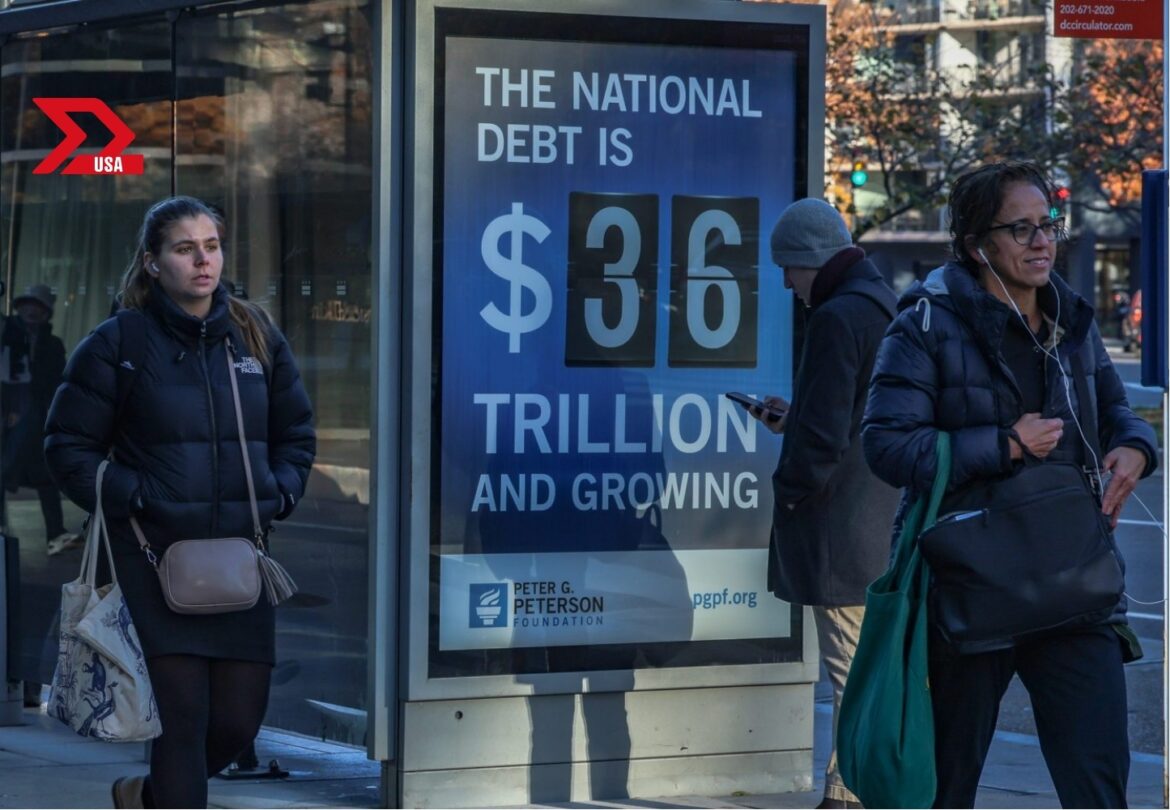A Major Change in the U.S. Debt Market
The landscape of U.S. debt is facing a crucial moment as PIMCO, one of the leading bond managers in the world, has decided to pull back from long-term Treasury bonds. This move sends ripples through the financial markets, indicating potential shifts in investor confidence and economic conditions. As the national debt continues to climb, concerns regarding sustainability and the future of interest rates have never been more pertinent.
Understanding PIMCO’s Decision
PIMCO has been a dominant player in the bond market, managing significant amounts of investments in government bonds and securities. Their recent withdrawal from long-term Treasuries raises immediate questions: Why are they stepping back now? Analysts suggest that this action may reflect a cautious approach toward U.S. debt levels, which are at historically high figures.
The Implications for the Economy
The retreat from long-term bonds is not just a concern for investors; it has broader implications for the economy. As major buyers pull back, it could lead to increased borrowing costs for the government. High-interest rates on Treasury bonds may emerge, affecting the funds available for public services, infrastructure, and social programs.
Market Reactions and Future Outlook
Market reactions to this news have been significant. Investors are becoming more cautious, leading to increased volatility and uncertainty. Financial markets often desire stability, and a major player like PIMCO stepping back may cause other investors to reconsider their strategies as well.
Drivers of Change
Several factors contribute to this shift. The rise in interest rates, inflationary pressures, and the struggle for the Federal Reserve to stabilize the economy are all playing a role. As these issues evolve, they create uncertainty in the bond market and compel firms to reassess their positions.
What Lies Ahead?
The future of the U.S. debt market remains uncertain. While PIMCO’s decision indicates caution, it also encourages a broader discussion on fiscal responsibility. The challenge for policymakers is to maintain trust from investors while managing the ever-increasing debt. As the situation unfolds, stakeholders would do well to observe closely how these dynamics impact the economy and investment strategies.
The Importance of Staying Informed
As these changes unfold, individuals and businesses alike must stay informed about the implications for their investments and finances. Strategies may need adjustment, and being proactive could provide opportunities amidst uncertainty.

